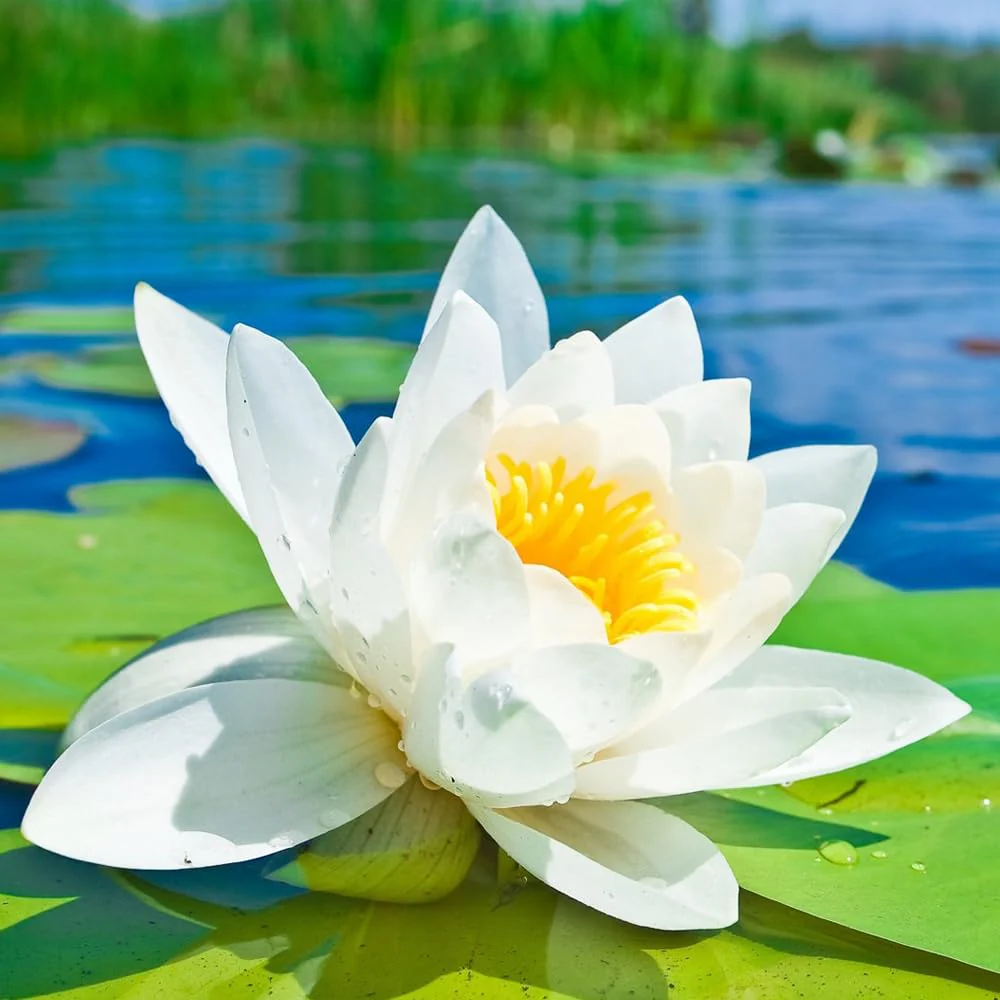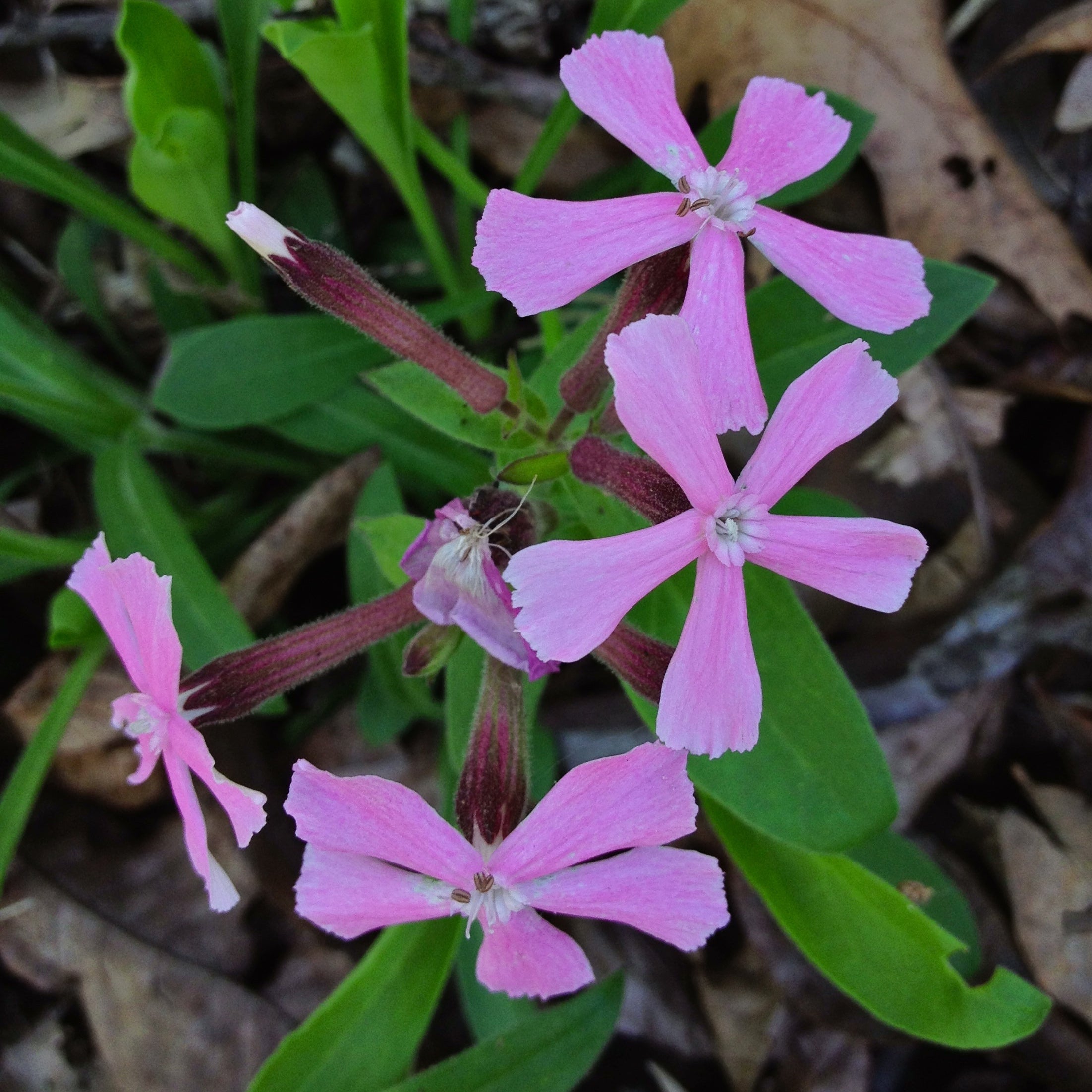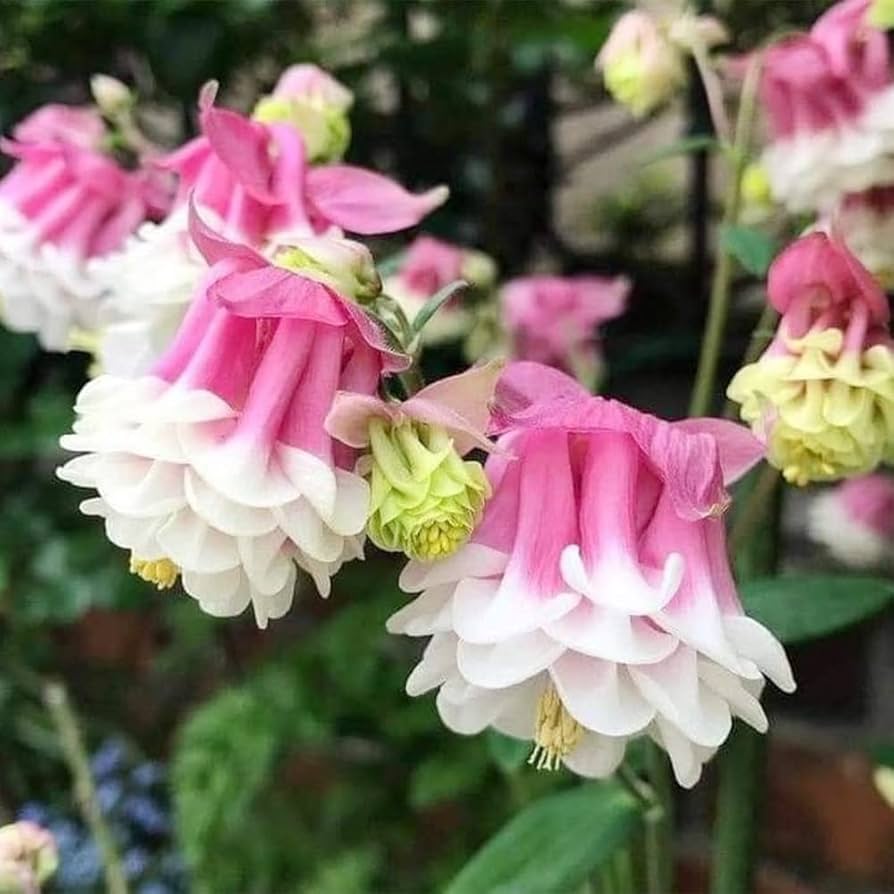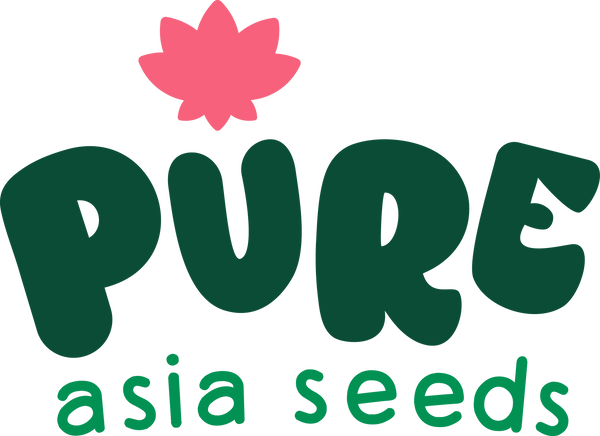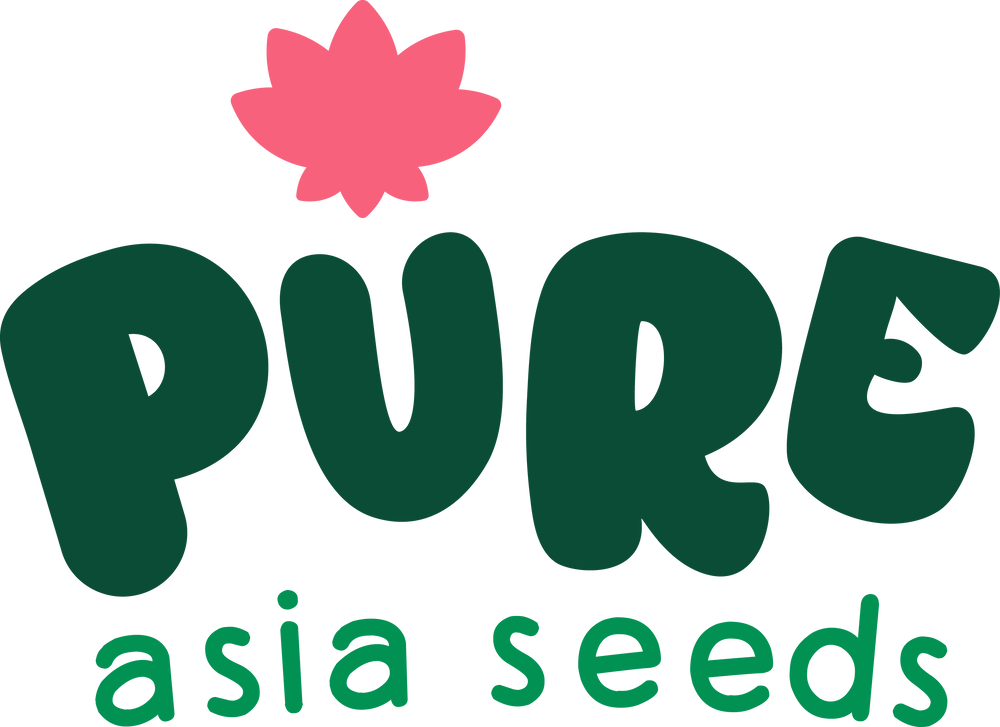Un jardinage réussi commence par une graine — et le passage de la graine à la plantule dépend fortement d'un facteur clé : le climat. Que vous cultiviez des herbes, des légumes, des fruits ou des fleurs, comprendre comment le climat affecte la germination des graines et la croissance des plantes est essentiel pour réussir un jardin biologique florissant.
Dans ce guide, nous explorerons comment la température, l'humidité, la lumière du soleil et les conditions météorologiques régionales peuvent influencer la performance des graines — et comment optimiser les conditions pour votre jardin.

Qu'est-ce que la germination des graines ?
La germination des graines est le processus par lequel une graine se développe en une nouvelle plante. Elle commence lorsqu'une graine absorbe de l'humidité, active des enzymes internes et commence à faire pousser des racines et des pousses. Le succès de la germination est déterminé par plusieurs conditions environnementales, en particulier les facteurs climatiques.
Facteurs climatiques clés qui influencent la germination et la croissance
1. Température
La température joue un rôle crucial dans le taux et la vitesse de germination.
-
Chaque espèce végétale a une plage de température préférée pour une germination optimale.
-
Les cultures de saison fraîche comme la laitue et les épinards germent mieux à 10–20°C.
-
Les cultures de saison chaude comme les tomates, les poivrons et les melons préfèrent 21–30°C.
Des températures extrêmement élevées ou basses peuvent retarder ou empêcher complètement la germination des graines.
Conseil : Utilisez un thermomètre à sol pour vous assurer que votre sol est dans la plage idéale pour vos graines sélectionnées.

2. Humidité et humidité du sol
Une humidité adéquate est essentielle pour que les graines gonflent et sortent de leur dormance.
-
L'air sec ou une faible humidité peuvent faire sécher la surface du sol trop rapidement.
-
Trop d'eau peut entraîner la pourriture ou des infections fongiques comme le fonte des semis.
Maintenir un niveau d'humidité équilibré assure une germination constante et une croissance précoce saine.
Conseil : Couvrez les plateaux de semis avec un dôme en plastique transparent ou utilisez une tente d'humidité pour retenir l'humidité.
3. Lumière du soleil et durée du jour
Bien que de nombreuses graines germent dans l'obscurité, certaines ont besoin d'exposition à la lumière pour germer (par exemple, laitue, pétunia). Après la germination, la lumière du soleil devient cruciale pour la photosynthèse et la croissance.
-
Les plantes de jour court (comme le radis) poussent bien dans des saisons plus fraîches et plus courtes.
-
Les plantes de jour long (comme les oignons) ont besoin d'une exposition prolongée au soleil pour se développer correctement.
Une faible luminosité entraîne des semis chétifs et faibles.
Conseil : Utilisez des lampes de croissance ou des fenêtres orientées au sud pour démarrer les semis en intérieur dans des zones peu éclairées.
4. Vent et circulation d'air
Bien que non directement impliqués dans la germination, le mouvement de l'air et la ventilation affectent la croissance et la résistance aux maladies.
-
Un flux d'air doux aide à prévenir les maladies fongiques.
-
Cependant, les vents forts peuvent dessécher les semis ou endommager les jeunes tiges.
Conseil : Utilisez des coupe-vent ou des toiles d'ombrage dans les zones ouvertes et maintenez la circulation d'air dans les installations de démarrage des semis en intérieur.
Comment les zones climatiques régionales affectent la plantation
Différentes parties du monde (et même un seul pays) ont des zones climatiques uniques qui dictent les calendriers de plantation.
-
Les climats tropicaux permettent la plantation toute l'année de cultures aimant la chaleur mais peuvent nécessiter de l'ombre en cas de chaleur extrême.
-
Les climats tempérés supportent une large gamme de plantations saisonnières, avec des considérations de gel au printemps et en automne.
-
Les régions arides nécessitent des cultures tolérantes à la sécheresse et des pratiques économes en eau.
Conseil : Vérifiez votre zone de culture locale et alignez votre calendrier de plantation avec votre climat régional.

Gérer les défis climatiques en jardinage
-
Climats froids : Utilisez des châssis froids, des couvertures de rangées ou commencez les semis à l'intérieur.
-
Climats chauds : Fournissez un filet d'ombrage, paillez abondamment et arrosez tôt le matin.
-
Climats pluvieux : Améliorez le drainage du sol et évitez l'excès d'arrosage.
-
Climats secs : Utilisez des graines tolérantes à la sécheresse, du paillis organique et un système d'irrigation goutte à goutte.
Choisir des graines adaptées au climat augmente les chances de réussite. Sur PureAsiaSeeds.com, vous trouverez une large sélection de graines adaptées à diverses zones climatiques et conditions de culture.
Réflexions finales
Comprendre comment le climat affecte la germination des graines et la croissance des plantes est la clé du succès en jardinage biologique. En ajustant la température, l'humidité, la lumière du soleil et les facteurs régionaux, vous pouvez créer des conditions optimales pour que vos graines prospèrent.
Que vous plantiez des légumes au printemps ou des herbes pendant la saison des moussons, vous adapter à votre climat conduit à des plantes plus saines et de meilleures récoltes.
Commencez votre parcours de jardinage intelligent face au climat avec des graines premium de PureAsiaSeeds.com.

